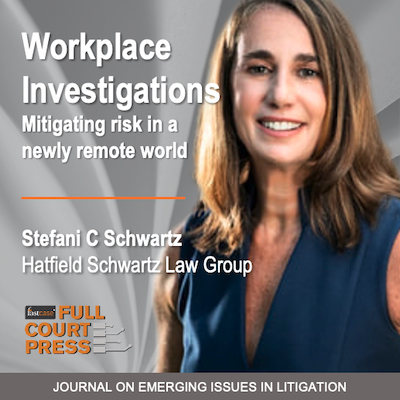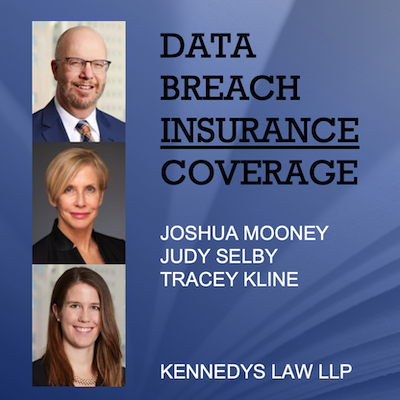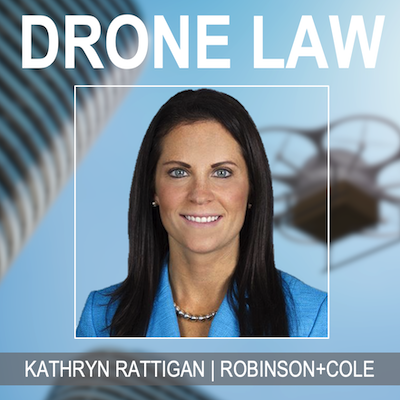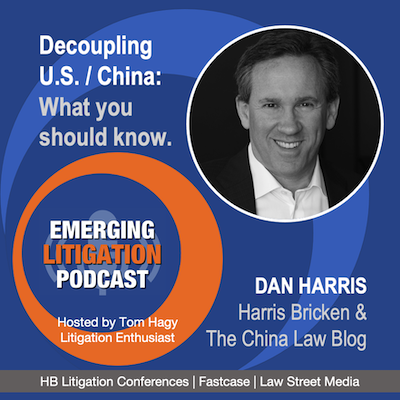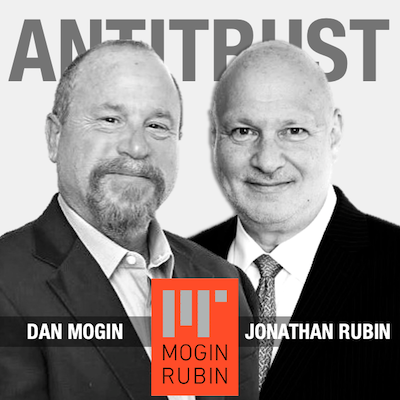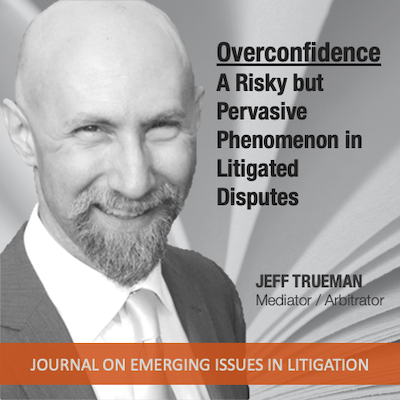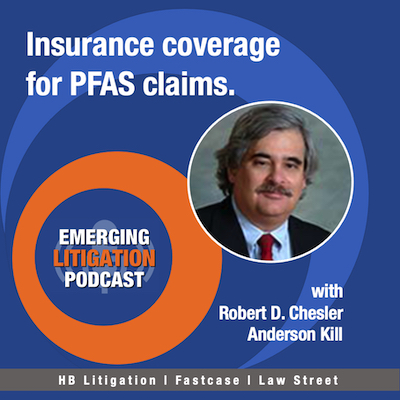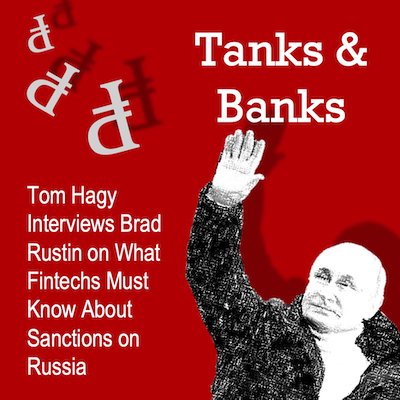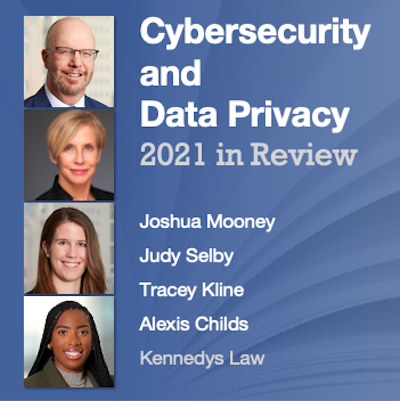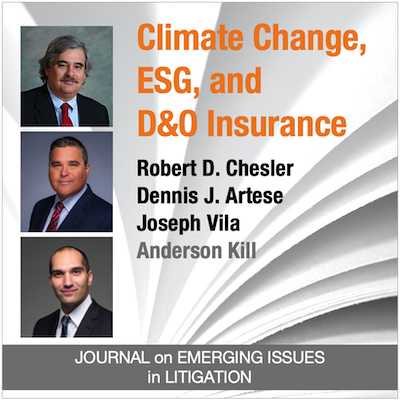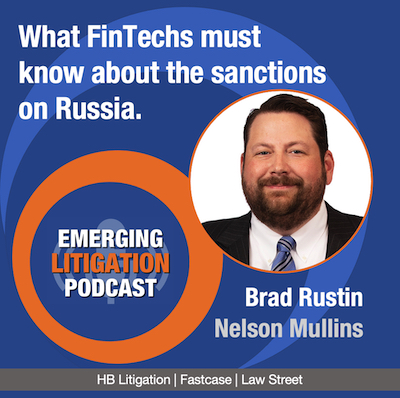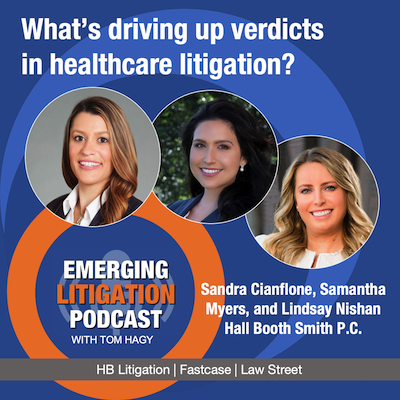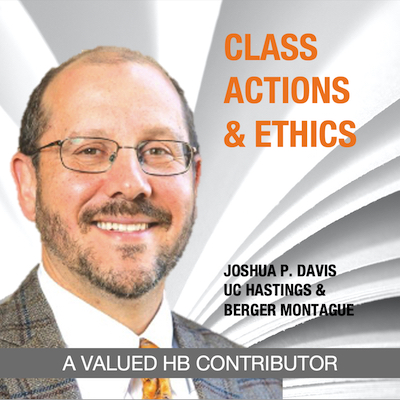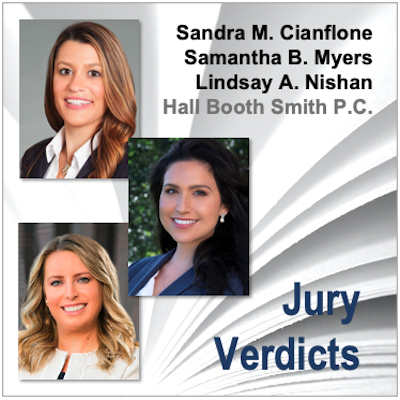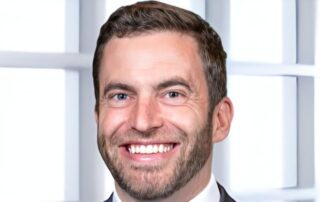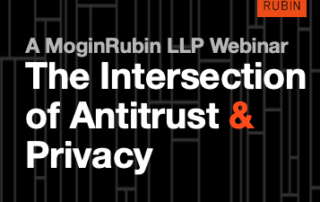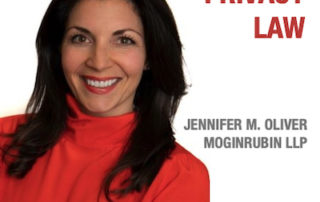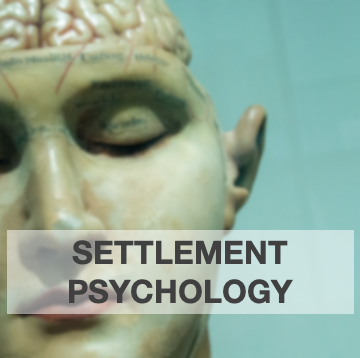Emerging Litigation Podcast
Navigating International Discovery
In this episode, we discuss navigating the complexities of international discovery with Ben Daniels of Robinson+Cole and the benefits of understanding jurisdictional differences and having specialized tools and strategies to cut through the complexities. As Ben notes, "if you litigate in a foreign court, discovery, as it is known in the U.S., is not going to happen. But parties often forget a powerful tool to get around those restrictions". Listen and learn more!
Fresh Produce Law, Contracts, and Risks
In this episode, we discuss Fresh Produce Transportation Law with Katy Esquivel of Esquivel Law Chartered and the challenges of transporting fresh fruits and vegetables from farms to stores in a safe and timely manner. What legal and reputational risks do growers, brokers, and shippers face? What laws come into play? What are the essential components of contracts among participants in the supply chain? As Katy notes, "there is nobody in this country with a more tangible vested interest in the safety of produce than growers and everyone along the supply chain". Listen and learn more!
Machines Inventing Machines: Artificial Intelligence and Patent Law
In this episode, we talk to Robert A. McFarlane of Hanson Bridgett LLP about artificial intelligence in the world of invention and questions raised in a recent decision from the U.S. Court of Appeals for the Federal Circuit that expounded on the principle that only human beings - not machines - can be named as inventors under U.S. patent law. Listen and learn more!
A Shameless Plug for Our Content Services
Your content marketing is everything you’ve ever dreamed of. Right?

Critical Legal Content was founded by Tom Hagy, former Editor & Publisher of Mealey’s Litigation Reports and VP at LexisNexis, founder of HB, current litigation podcaster and editor-in-chief. CLC’s mission is to help smaller firms and service providers not only create content — blogs, articles, papers, webinars, podcasts (like the stuff on this site) — but also to get it out there. How? Via social media, this website, your website, and potential via our podcast and journal which we publish in collaboration with vLex Fastcase and Law Street Media. The goal is to attract readers and dizzy them with your brilliance.
*Inspired by actual events.
Create content like a real legal publisher.
Emerging Litigation Journal
Mexico Bans Imports of Foreign Textiles: Does My Insurance Policy Cover That?
Diana Gliedman, Dennis Nolan, and Fiona Hogan examine the impact of Mexico’s recent presidential decree banning certain foreign textile imports through the IMMEX program and increasing tariffs on textile products. The ban has disrupted operations for textile companies and third-party logistics providers, leading to unexpected costs, rerouting challenges, and supply chain delays. The authors outline how businesses may find relief through insurance policies such as Supply Chain Insurance, Business Interruption, Contingent Business Interruption, and Marine Cargo/Stock Throughput Insurance. They emphasize the need for swift action to review coverage, notify insurers, and document losses to maximize potential claims.
Trump’s rollback of draft PFAS regulation means uncertain future for ‘forever chemicals’ torts
With federal PFAS regulations in limbo, lawsuits targeting “forever chemicals” are expanding—what does this mean for businesses and consumers? Justin Ward examines the uncertain future of PFAS (“forever chemicals”) regulation and litigation after former President Trump rolled back a draft rule expanding Biden-era guidelines. The rising PFAS lawsuits are increasingly targeting consumer product manufacturers alongside chemical companies. Despite concerns over deregulation, several states have enacted their own strict PFAS rules, ensuring continued legal challenges and regulatory pressure. Read our report by guest contributor Justin Ward.
California’s climate disclosure laws withstand initial US Chamber of Commerce challenge
California’s groundbreaking climate disclosure laws just overcame a major legal challenge—what does this mean for businesses and the future of corporate transparency? Writer Justin Ward will fill you in.
HB Webinars on CeriFi LegalEdge
The Intersection of Antitrust & Privacy | A MoginRubin Webinar | 10.31.2019
[two-fifths-first] Recorded: Oct. 31, 2019 Duration: 100 minutes Presented by: MoginRubin LLP Produced by: HB Litigation Conferences The Panel Moderator Daniel J. Mogin | Managing Partner, MoginRubin LLP Speakers Jennifer M. Oliver, CIPP/US | Partner, MoginRubin LLP Thomas N. Dahdouh | Director, Western Region, Federal Trade Commission Franklin M. Rubinstein | Partner, Wilson Sonsini Goodrich & Rosati Randi W. Singer, CIPP/US, CIPT | Partner, Weil, Gotshal & Manges Contributor Dina Srinivasan | Independent Researcher & Author of The Antitrust Case Against Facebook Dina was unable to present but we thank her for her content contributions. What you will get: At least 1 hour of CLE credit. Answers to your questions via email. The opportunity to share with others on your team. The complete Powerpoint. The Antitrust Case Against Facebook Dina Srinivasan's statement to the House Committee on the Judiciary, Subcommittee on Antitrust, Commercial, and Administrative Law The Chicago Booth School Stigler Center Committee on Digital Platforms Final Report Write to us at CLE@LitigationConferences.com to: Ask about CLE Request the materials Send a question for the speakers [/two-fifths-first][three-fifths] Market Behavior and Data-Driven Market Power Highly publicized cases and investigations in the U.S. and Europe of big technology, e-commerce, and social media companies demonstrate how anti-competition laws are being used to scrutinize and challenge not only how these corporations conduct themselves in the marketplace, but the very core of their colossal success: the mass collection and utilization of user data. Are the privacy and antitrust worlds beginning to cross over? Or do they simply run parallel while addressing entirely different types of conduct? Whatever the answer, data is the raw material that drives the likes of Google, Facebook, Apple and Amazon, so how it is handled is a critical question when counseling clients on mergers and acquisitions. Meanwhile, there is increasing pressure on antitrust enforcers to consider privacy issues when conducting merger reviews. Antitrust laws [...]
Settlement Psychology: Who is in Control? Homer Simpson or Mr. Spock? | Complimentary Webinar
Settlement Psychology Who's in charge? Homer Simpson or Mr. Spock? Cognitive obstacles to finding common ground. [two-fifths-first] Complimentary On-Demand Webinar From HB! 1 CLE credit CLE questions? CLE@LitigationConferences.com Questions for speakers? Questions@LitigationConferences.com SPEAKERS Jeff Trueman Mediator / Negotiator John Philip Miller Baltimore City Circuit Judge (ret.) This course is also available via the West LegalEdcenter. [/two-fifths-first] [three-fifths] Improve your negotiation strategy and outcomes. Mediator, arbitrator and settlement conference neutral Jeff Trueman says the lawyer’s mind can sometimes play tricks on them when it comes time to settle a claim. “The central question on the minds of counsel, their clients, and insurance professionals in civil litigation is, of course, ‘What’s the case worth?’ For mature torts there is enough historical settlement and verdict data exist for counsel to argue why a particular case should or should not fit within a certain settlement range. In the midst of these discussions, the human brain plays tricks on us. For example, litigators sometimes assume that their trial experience can determine how jurors will negotiate with one another and resolve factual discrepancies after closing arguments. This assumption is a ‘heuristic’ – a cognitive shortcut called attributional error or illusion of control.” Backed by his decades of psychological and economic sciences research, Trueman says there is a lot of room for attorneys to change their mindset when moving into settlement mode. Litigation Chicken “When differences over case value intensify, litigators return to threats of relinquishing control: ‘Maybe we have to try this case;’ or ‘We feel good about our chances in front of a jury.’ Underneath the games of litigation chicken that are the hallmark of settlement negotiation, heuristics lead to erroneous valuations and assessments of risk.” He says attorney would be well served, and would serve their clients well, if they make adjustments depending on their role at a given point in [...]
PFOA: Science & Litigation | 11/15/2018
[one-third-first] DATE: Nov. 15, 2018 TIME: 2 p.m. EDT; 1 p.m. CDT; 12 p.m. MDT; 11 a.m. PDT PLACE: Your computer or mobile device PRICE: $197* per dial-in site *Price is good through Oct. 31. After that it's $247. GROUPS ARE GOOD: Registering qualifies you to multiple attendees at your location. CLE: 1 credit Please send CLE questions to CLE@LitigationConferences.com speakers Michael Dourson, Ph.D., DABT, FATS, FSRA Director of Science Toxicology Excellence for Risk Assessment (TERA) Register now and get: Access for multiple colleagues at your location. Practical insights from a board-certified toxicologist. A through and informative PowerPoint presentation for later reference. Answers to your questions via live chat. CLE credit. And more! [/one-third-first] [two-thirds] PFOA Toxicology: What's a Safe Level for the Environment? What toxic tort and environmental attorneys need to know about this ubiquitous compound. Perfluorooctanoic acid (PFOA) has been described as more toxic than methyl mercury. Yet not all organizations tasked with developing safe-dose levels agree on the best approach for PFOA, resulting in recommended levels that are more than 100-times apart. Differences in these recommended safe-dose levels result in cleanup costs that vary by billions of dollars. Background Environmental contamination with PFOA has been known for some time. In the early 2000s safe doses in drinking water were considered to be in the range of 30-to-50 parts per billion. Recent safe-dose assessments by EPA, ATSDR and several states have significantly lowered these safe doses to parts-per-trillion measurements. PFOA, also known as C8, is used to make Teflon® and similar chemicals known as fluorotelomers. According to the American Cancer Society, PFOA is “burned off during the [manufacturing] process and is not present in significant amounts in the final products.” However, the American Cancer Society says, “PFOA has the potential to be a health concern because it can stay in the environment and in the human body for long periods of time. Studies have found that it is present worldwide at [...]

